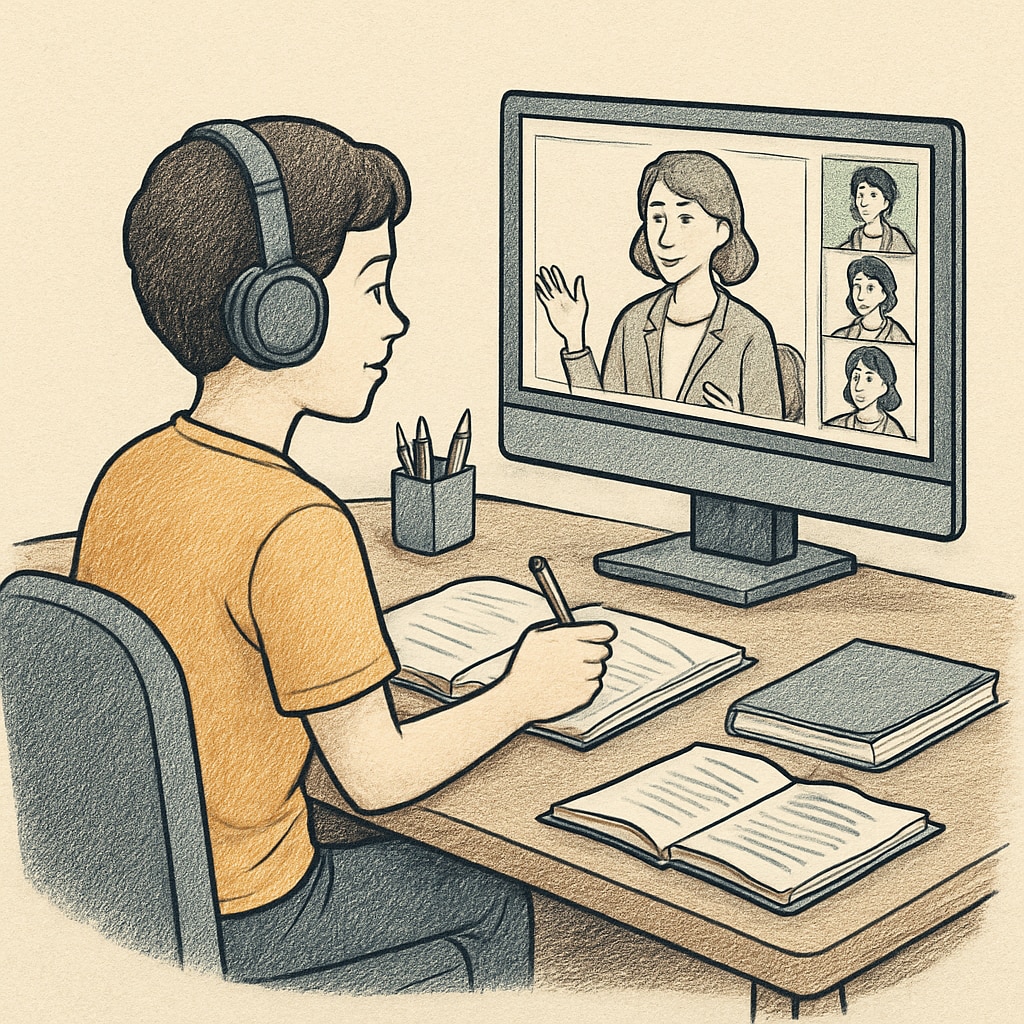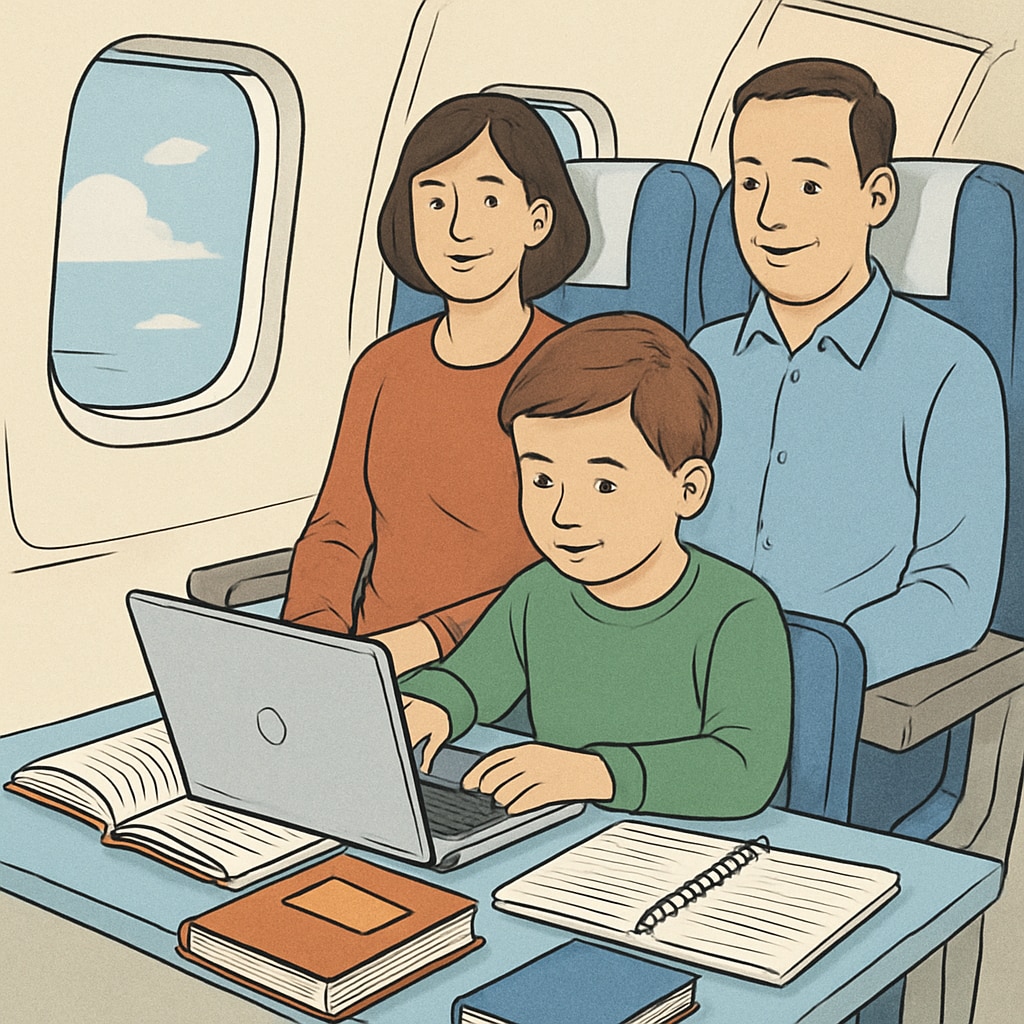In a rapidly evolving educational landscape, public online schools are emerging as a compelling option for many families. Driven by a combination of personalized learning experiences, flexible scheduling, and the need to adapt to modern family dynamics, parents are increasingly exploring this innovative education method. But what exactly motivates families to make this shift? This article delves into the rational and emotional factors influencing parents’ choices, offering a comprehensive understanding of this growing trend.
Meeting Individual Learning Needs
One of the primary reasons parents turn to public online schools is the opportunity for personalized learning. Unlike traditional brick-and-mortar institutions, online platforms often allow students to progress at their own pace, catering to individual strengths and addressing specific weaknesses. For example, a child excelling in math but struggling with reading can spend additional time on literacy without falling behind in other subjects.
Moreover, public online schools often incorporate diverse teaching methods, such as interactive videos, gamified lessons, and one-on-one teacher sessions. These tools can make learning engaging and adaptable to various learning styles, from visual to kinesthetic. This adaptability ensures that each student receives an education tailored to their unique needs.

Flexibility for Modern Family Lifestyles
Another major factor influencing parents’ choices is the flexibility that public online schools provide. Traditional school schedules may not suit families with unconventional routines or those balancing extracurricular activities, work commitments, or travel. Online education allows for a more fluid approach, enabling students to log in and learn at times that suit the family’s daily rhythm.
For instance, families involved in professional sports, performing arts, or frequent relocations often find it challenging to adhere to rigid school calendars. Public online schools eliminate these barriers, offering a consistent education regardless of location or time constraints. As a result, parents can actively participate in their children’s learning journey while maintaining a balanced family life.

Safety and Health Concerns
In recent years, safety and health concerns have also played a significant role in the rise of public online schools. The COVID-19 pandemic highlighted the vulnerabilities of traditional in-person education, prompting many parents to seek alternatives that prioritize their children’s well-being. Online schools provide a controlled and secure environment, reducing exposure to physical threats such as bullying or infectious diseases.
Furthermore, for children with chronic illnesses or disabilities, public online schooling can be a lifeline. It ensures consistent access to education without the physical and emotional strain of attending a traditional school, allowing these students to thrive academically and socially in a customized setting.
Cost-Effectiveness Compared to Private Options
Another advantage of public online schools is their cost-effectiveness. Unlike private schools, which often come with significant tuition fees, public online institutions are typically funded by the government, making them accessible to a broader range of families. This affordability allows parents to allocate resources to other areas, such as extracurricular activities, technology upgrades, or family savings.
Additionally, online education eliminates many ancillary costs associated with traditional schooling, such as transportation, uniforms, and school supplies. These savings make public online schools an attractive option for families seeking quality education without financial strain.
Challenges and Considerations
While the benefits of public online schools are numerous, it’s essential to acknowledge the challenges associated with this educational model. For instance, maintaining student motivation and engagement can be more difficult in a virtual environment. Parents often need to play a more active role in supervision and support, which can be demanding for working families.
Moreover, the lack of in-person social interaction may impact some students’ social development. To address this, many public online schools are incorporating virtual clubs, group projects, and local meetups to foster a sense of community. Parents should carefully evaluate these factors to determine if online schooling aligns with their child’s personality and needs.
In conclusion, the decision to choose public online schools is highly personal and multifaceted. By offering personalized learning, flexibility, safety, and cost-effectiveness, these institutions are reshaping how families approach education. However, parents must weigh the benefits against potential challenges to make an informed choice that best serves their child’s future.
Readability guidance: Short paragraphs and clear headers make this article accessible. The use of lists and concise language ensures key points are easily digestible. Transition words help maintain a logical flow throughout the piece.


